University of California Irvine has become the biggest college yet to launch an esports scholarship program.
The university will introduce 10 scholarships for top level League of Legends players next year, aiming to cover about half tuition for in-state students, or about $5,500. The school plans to hire a part-time coach to support their team, who will compete from a new PC cafe powered by a partnership with League of Legends developer Riot Games, which will provide cafe-goers with a tailored League experience.
Esports is continuing its meteoric growth. Market research firm Newzoo estimates revenues to top $463 million this year. Competitive video games are featuring in bigger and bigger events, with thousands of fans packing stadiums to watch gamers compete for millions in prizes and millions more watching online. It’s only natural that bigger and bigger colleges are taking notice.
UC Irvine is the first public research university to add an esports program.
Robert Morris University introduced the first scholarship program for esports gamers in June 2016, offering scholarships covering 50 percent tuition for qualified gamers to build their League of Legends team. Since then, at least four other colleges have instituted their own scholarship programs, including Columbia College in Missouri, the University of Pikeville in Kentucky, and Maryville University in St. Louis.
UC Irvine, with its more than 24,000 students, will be the biggest school to institute an esports program. It’s also the first school ranked in the Top 100 of the US News college rankings to launch such a program.
For those familiar with the school, it’s no surprise that UC Irvine jumped on the esports bandwagon.
The perfect place
When Mark Deppe saw a business school project pitching an esports program at UC Irvine last summer, he began working to make that idea a reality.
At many schools, that’d be a tough sell, but UC Irvine is no stranger to gaming and esports. The school has built a reputation as a hot spot for game design and game development, feeding graduates into many of the studios in the surrounding area, including those heavily involved with esports, like Blizzard and Riot Games. The school has already won multiple prestigious collegiate esports competitions. The Association of Gamers on campus is the biggest collegiate gaming club in the country, and it’s the biggest club on campus, Deppe, who will now serve as Acting Director of eSports for the school, told the Daily Dot.
Last year, College Magazine rated UC Irvine the top school in the country for gamers thanks to its successful esports teams, its strong gaming culture, and academic programs that support gamers. A survey conducted by the student government at UCI found 89 percent of their 1,200 responders were in favor or an official collegiate esports program at the school, with 72 percent identifying as gamers. That means that even students who did not identify as gamers supported the introduction of an esports program. Even the faculty stand to benefit from attracting talented gamers, offering them a chance to observe high level players at the ground floor. With those kind of statistics, it wasn’t too hard a sell.
“I kept waiting for someone to tell me no and I was pleasantly surprised… we’re still open to new ideas and I think there’s still room to try new things here,” Deppe, a director who worked at the university’s office of Student Government and Student Media for six years, said.
Deppe said he was “blown away” by the support from the administration. “I think other schools with a lot more established, longer histories and more traditions may not have been as open to this but we have a really entrepreneurial leadership team on campus right now, so they were really excited for this opportunity and have been incredibly supportive.”
In fact, a better question might be why no one had done it sooner.
The program will focus on four main “pillars,” as Deppe calls them: competition, community, entertainment, and education. He believes esports has the potential to bring those facets together on the Irvine campus.
“I think we’re trying to approach this a lot more broadly than other places because we already have this esports culture here, the gaming culture,” Deppe said.
The key to bridging community and competition will be the new PC cafe.
The school already has the competition aspect pretty well covered. Its League of Legends teams, built from members of its gaming associations, have already featured prominently in some of the biggest collegiate competitions out there, winning multiple titles in IvyLoL, a student-organized collegiate league. In the big Heroes of the Storm competition Heroes of the Dorm, which airs its final four teams on ESPN2 on April 9 and 10, UC Irvine teams reached the sweet 16. But the school’s recent League results in this year’s new uLoL competition, a 32 school league organized by Riot Games featuring regular broadcasts by the developer’s top-notch production crew, are far below that high standard. With scholarship money backing the program and providing the opportunity to hire a coach, the UC Irvine Anteaters should be back on top soon.
As for education, UC Irvine is the first public research university to add an esports program, and it’s one known for conducting extensive gaming research.
“We also are going to tie into our research and academic side of the campus,” Depp explained. “We have a lot of awesome research faculty doing great research on campus around gaming both from the kind of ethnographic kind of society, culture and arts perspective but also the engineering and game-develop and neuroscience and more hardcore traditional sciences, so that’s a group that’s really interested and eager to see esports get elevated to a higher level at UCI.”
Just how the esports program and academia will interact remains to be seen, but Deppe hopes the program will help highlight some of the groundbreaking work done at the school.
The key to bridging community and competition will be the new PC cafe, which should serve as the center for esports on campus.
The esports gymnasium
The new esports arena, as Deppe calls it, will give students a way to support their esports program, both financially and in spirit, while also providing a base for gaming. It’s similar to the gym of a school’s basketball team. On most days it’ll be open for students, school clubs, and events, but it also serves as a training facility and competition ground for athletes. The PC cafe will function the same, as a “home base” for the school’s gamers, as Deppe put it.
The arena will fill the space previously occupied by the Zot Zone, an on-campus game room featuring billiards, board games, and televisions. The arena will feature 80 computers, thanks in part to a partnership with iBuyPower, the perfect number to host local 16 team tournaments with 5 man teams, allowing for community-run tournaments, both recreational and competitive. The floor plan features 10 computers set up as a “main stage” similar to many esports events, allowing for a match to be featured and potentially spectated, if computers are moved to open room for seating.
That should allow the arena to host events like preseason collegiate exhibitions or even high school esports championships. Deppe wants students to commentate and produce online content around those events and the Irvine team’s matches, and to train students who want to become broadcasters or commentators or work in other aspects of esports that require communication.
Programs like the one Irvine introduced today will shape esports’ future.
The cafe should become a home for the school’s gaming clubs and gaming competition alike, and it will also help fund the program: patrons must pay an hourly rate for access. The PC cafe business model never truly worked in the US, but it has been wildly effective in Asian markets, where it was closely tied to the growth of esports.
Factors like demographics, population density, and even the release timing of big games grounded those businesses in the states. But hosting a cafe on the UC Irvine campus avoids the demographic and population issues, and with a popular title like League of Legends as the flagship game—especially with support from Riot Games—the new cafe is primed for success. Students already attend events to game socially and turn up in thousands to watch big esports events, paying for transportation and parking. So why not provide them a place to do it on campus, even at a price?
“We have the right community on campus,” Deppe said. “Just like you would buy a gym membership to work out with friends instead of doing it at home or on your own, we think this is a very social way to do something that you care about and we have a built-in huge gaming population so,”
Plus, the Cafe will feature a unique program in partnership with Riot Games designed to get students playing there instead of in their dorm. The UC Irvine Cafe will feature a “premium league experience reminiscent of the Korean IGR experience,” Bob Colayco, Riot Games Media Relations Manager, told the Daily Dot. In the esports mecca of Korea, players are offered in-game rewards to get out of the house and into the cafe, like access to all champions and bonus in-game currency for every game played, including RP, which is typically only available through a real-money purchase. Riot Games and UC Irvine have yet to work out the details, but something similar should be in place when the PC cafe launches.
“[The cafe] will help offset the cost so between the revenue from that and the corporate partnerships that we’re recruiting and working with that’s how we’re paying for the whole thing,” Deppe explained, cautioning that it won’t provide the base to expand the program. To do that, he hopes to build something more similar to “traditional sports,” where live events, ticket sales, and advertising drive revenue.
The program will serve as a test case for Riot Games, which hopes that it could serve as a model to help other schools jump-start their own esports scholarship programs.
“There are over 2,000 accredited institutions in the US and Canada,” Mike Sherman, who heads up Riot’s collegiate esports program, told the Daily Dot. “If we wanted to roll something out like this to other universities, we’d need to do it in a way that’s sustainable for both us and them, so this is sort of our first big attempt at building a model for other schools to follow.”
This is the first time Riot has actively participated in a scholarship program, only acting in an advisory capacity in the past, like when Robert Morris University introduced the first esports scholarships. That’s not because UC Irvine is down the freeway from Riot Games offices in Santa Monica—it’s because Irvine reached out to the company to discuss its PC cafe idea.
If the model works, it’s likely more schools will come knocking. But it’s also possible we could see a revival in the PC cafe as a business itself as esports continues to grow in popularity. The Irvine project is an initiative of Riot’s collegiate team, but if it becomes a success, it’s possible Riot may look to expand the program outside the college campus.
“The collegiate team is entirely focused on leveling up the college experience of a League of Legends player, and if one of those ways is being able to socialize and gather on campus, we’re definitely interested in helping support it,” Sherman said.
If all goes well, the PC cafe should open in the fall, giving gamers at UC Irvine a new haven.
The future
Deppe looks forward to breaking ground on the building hoping he’ll finally have some time to play some games himself once he’s got a giant cafe to do it in. A gamer himself, Deppe used to play StarCraft during his own school days, but recently he’s been learning League of Legends. He’s not worried that his project will succumb to the fate of many PC centers in the early 90s—their proprietors spent too much time using their product.
“We have a really good student staff that helps support it and keep it up and running,” Deppe said. “They’ll be, I’m sure, big enthusiasts and gaming fans.”
It’s no surprise that UC Irvine jumped on the esports bandwagon.
That’s one of the great things about the UC Irvine program. Compared to some of the other collegiate scholarship programs other schools have introduced, which sometimes looked like marketing ploys, the Irvine one is built for and supported by students who understand what it brings to the table, and hunger for it.
The program may only feature 10 new scholarships, but at a school like UC Irvine, that’s probably just the start. Deppe hopes to introduce more games, and to outgrow their planned facility. It’s still unclear just what shape collegiate esports will take as the nascent industry continues its meteoric growth, but programs like the one Irvine introduced today will shape its future.
Photo via Riot Games/Flickr (All rights reserved, used with permission) | Remix by Will Copus


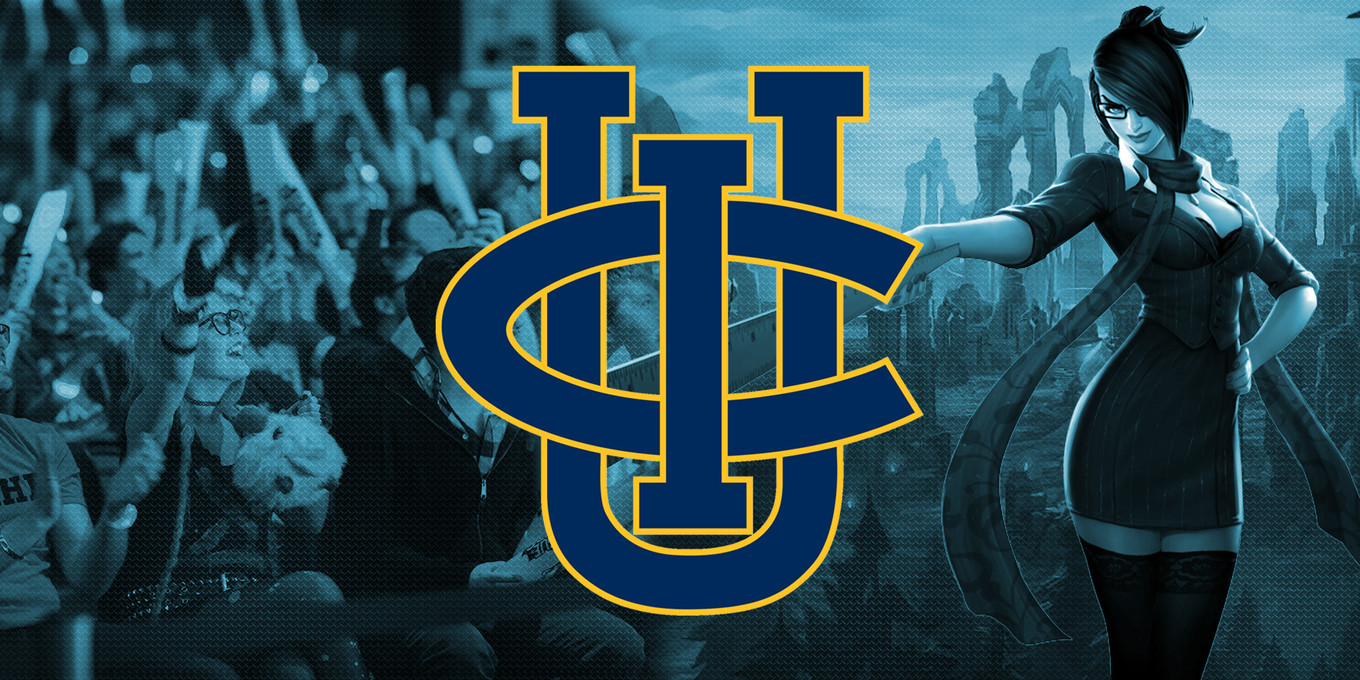
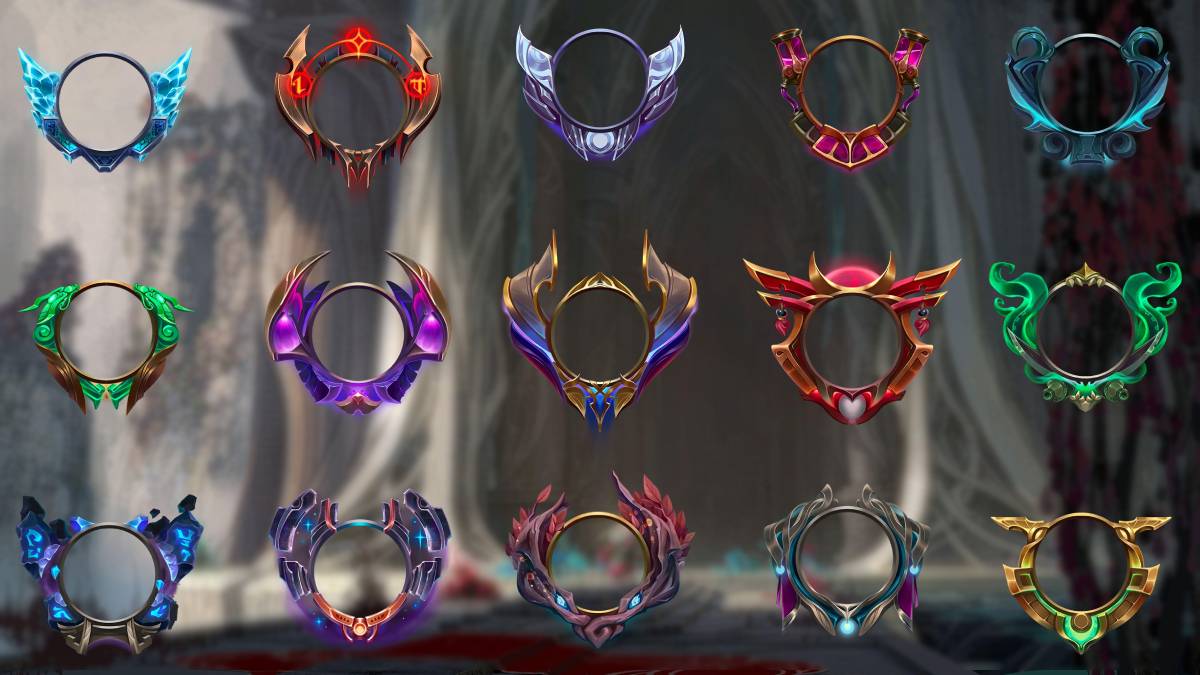
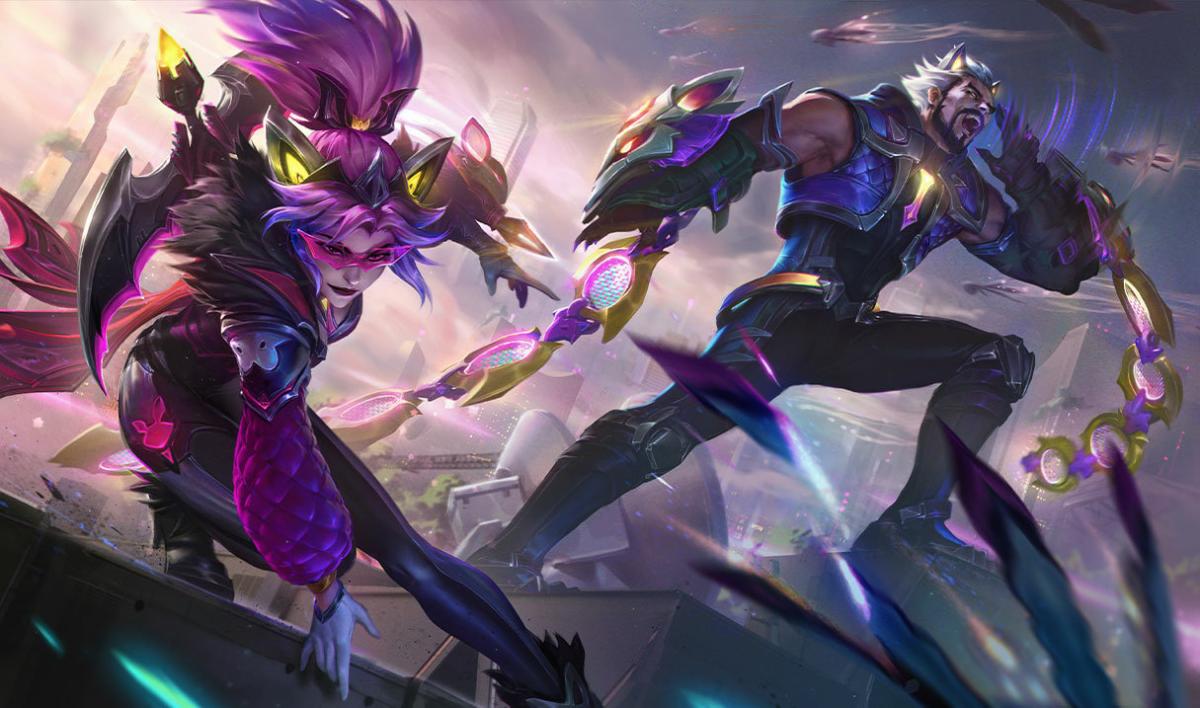

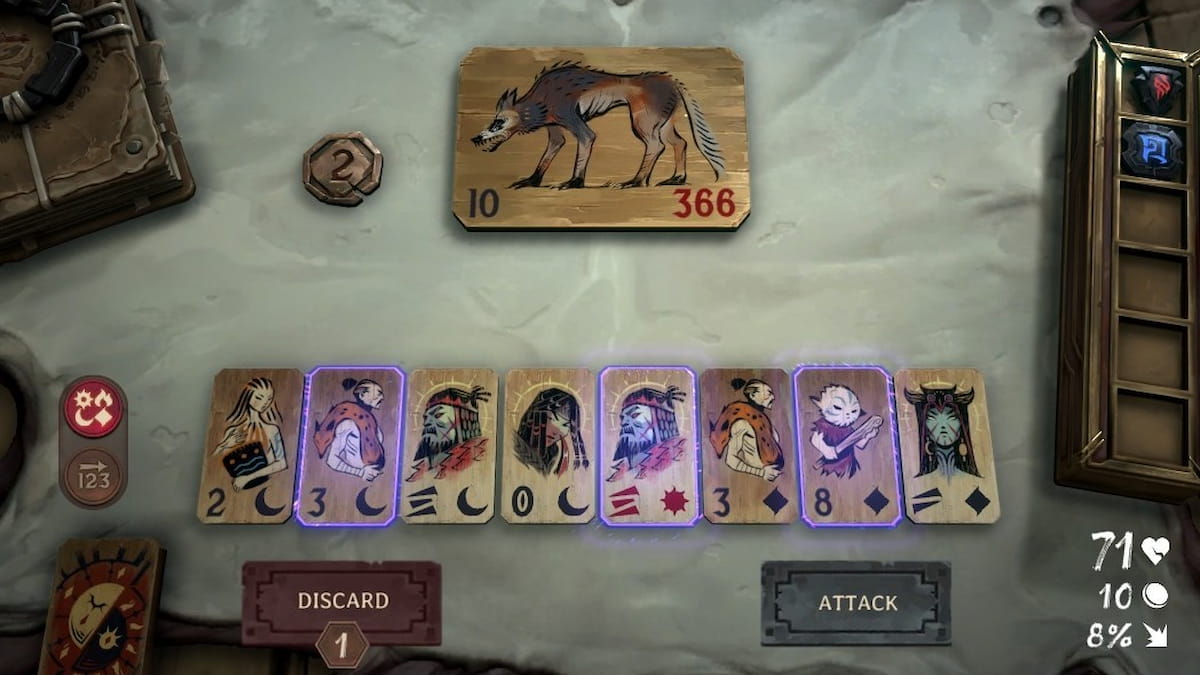




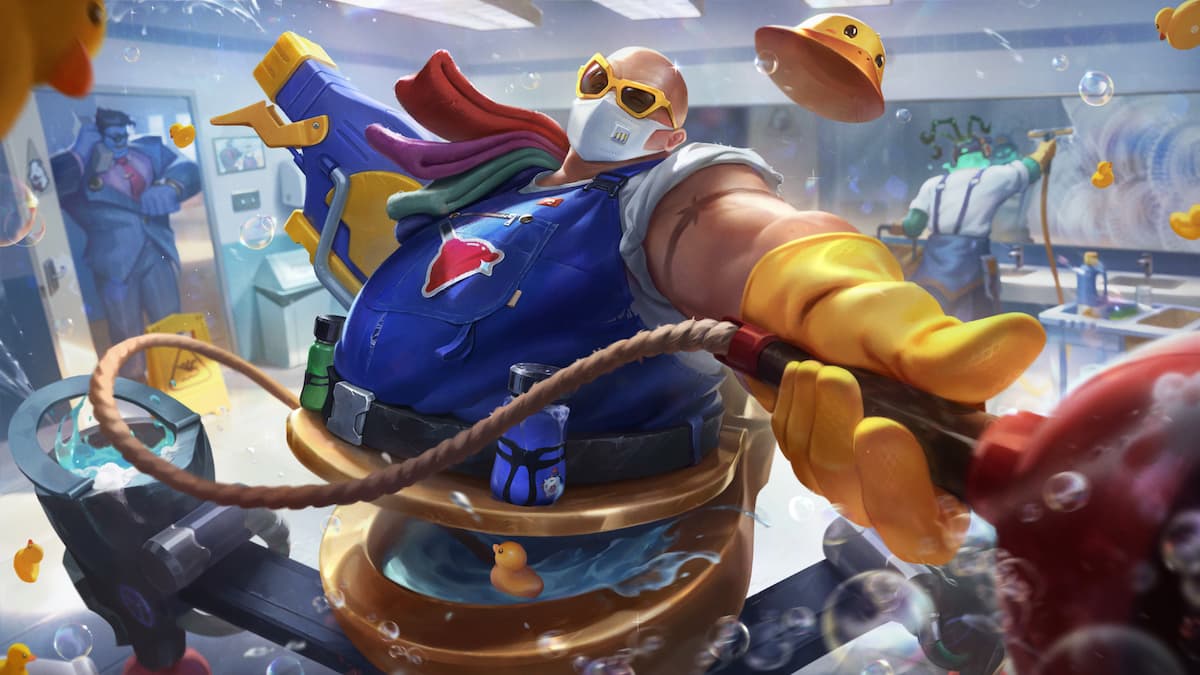
Published: Mar 30, 2016 12:00 am